-
Meeting Point
Punta Arenas
-
Duration
4 days / 3 nights
-
Group size
12 passengers
-
Price
USD 2400
Since the end of the last century, we have been observing and monitoring the whales that come to feed in this favored spot in the Strait of Magellan. We are privileged to have researched, enjoyed, and shared this place for so many years. As a team, we have aimed to add new experiences to this journey. Although our origins and expertise lie in natural sciences, learning about and studying this area has taught us various ways of inhabiting this maritime region, including fascinating sites that were certainly navigated repeatedly by the Fuegian canoeists and later by European vessels. The Fuegian archipelago, with its intricate fjords and channels, is home to a rich biodiversity and has witnessed significant social and environmental changes, continuing to do so.
We invite you to experience this journey with us, waking up to the possibility of observing majestic cetaceans feeding in front of our camp and exploring and interpreting the Fuegian Patagonian maritime region.
Main attractions:
-
Observation of marine mammals and birds
-
Visit Francisco Coloane Marine Park
-
Visit Kawesqar National Park and Reserve
-
Visit Alberto D'Agostini National Park
-
Interpretation of Heritage
Re-discovering the Natural and Cultural Heritage of the Strait of Magellan
Between 6:30 and 7:30 a.m., we will pick up the expedition members through the southern fjords and channels. Boarding will take place from Punta Carrera, a settlement located 50 km south of the city of Punta Arenas.
The voyage will take approximately 8 hours until we reach the D'Agostini Fjord, where we will anchor for the night surrounded by glaciers.
We'll spend the night in our rooms aboard the Estoa, where we'll also have dinner and a presentation by the Whalesound team.
We'll wake up to a landscape that will be enviable for many. We'll land in the morning, weather permitting, and in the afternoon we'll leave the Fjord to continue exploring the fjords and channels of the Fuegian archipelago.
We will spend the night somewhere in Kawesqar National Park, where we are sure to be accompanied by a variety of seabirds.
We wake up between fjords and canals, surrounded by the dense evergreen forest of Magallanes coigue.
We continue on our way to the Fco. Coloane Marine Park, where we will likely arrive in the afternoon, and have the opportunity to observe humpback whales at their feeding grounds (they are found here around December through May).
We will visit the Whalesound camp on Carlos III Island in the afternoon or in the morning on day 4.
We slept at the Stoa, in the PM Fco. Coloane.
After a leisurely breakfast, we'll return to Punta Arenas, sailing along the waters of the Strait of Magellan.
If time permits, we'll land on our return trip at one of the many heritage sites this area offers.
We will arrive in Punta Arenas around 7 p.m.
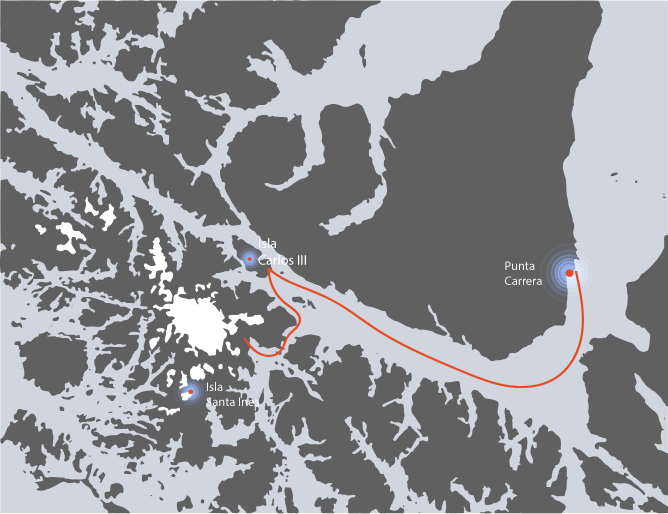
Interested in this route?
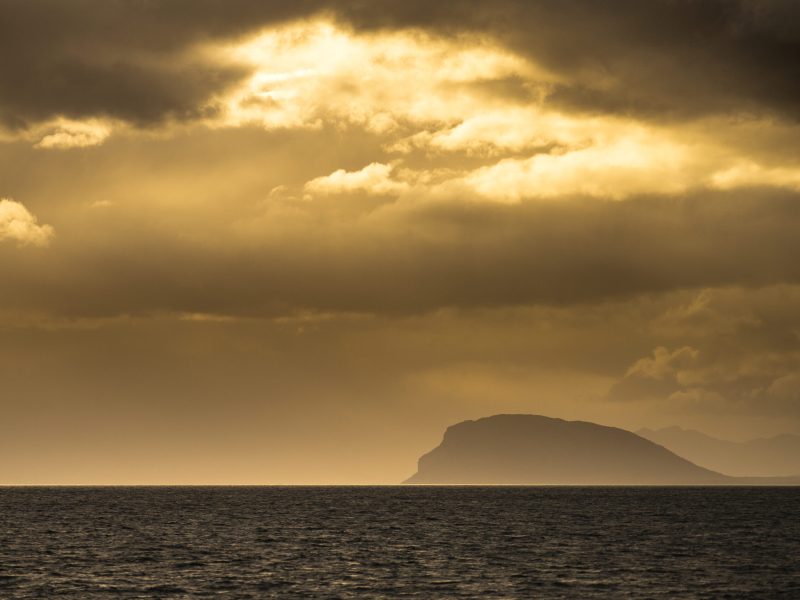
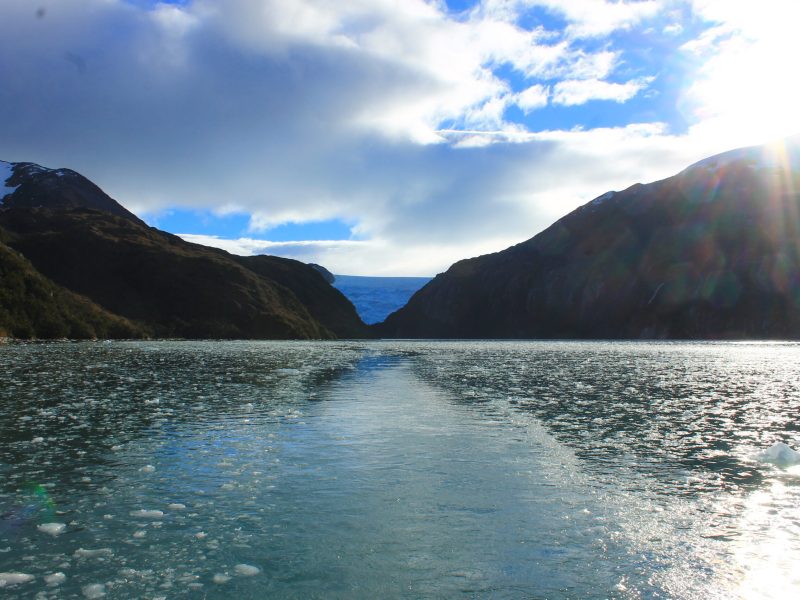
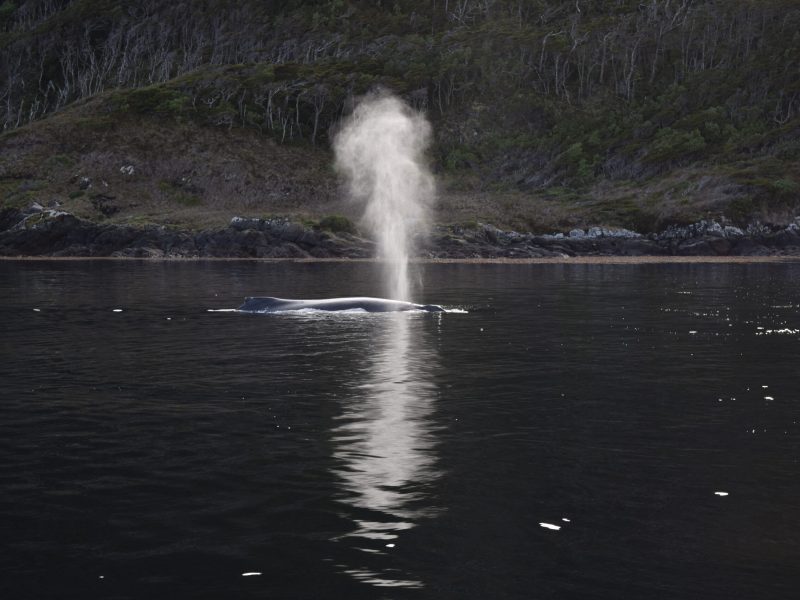
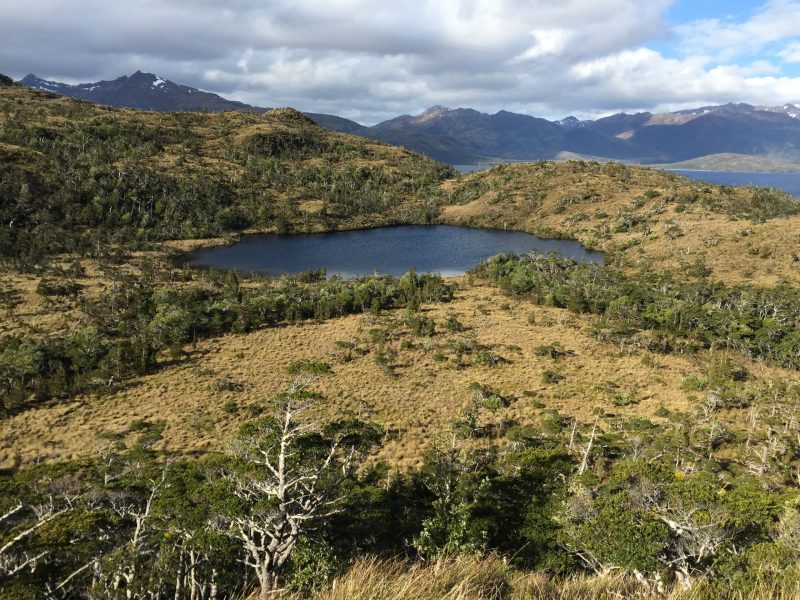
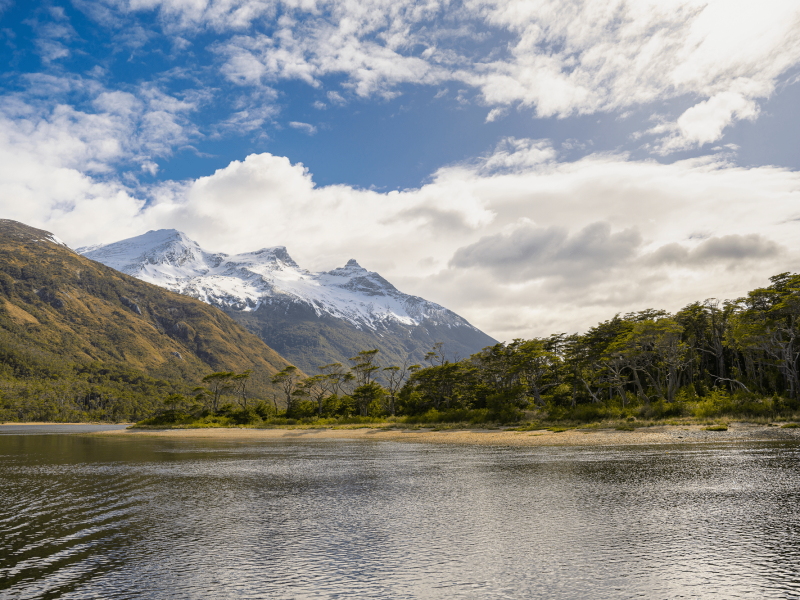
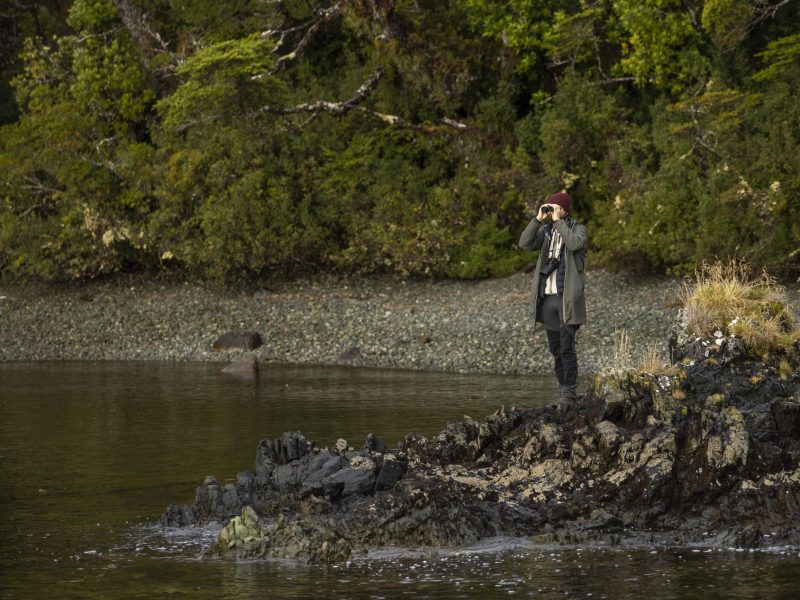
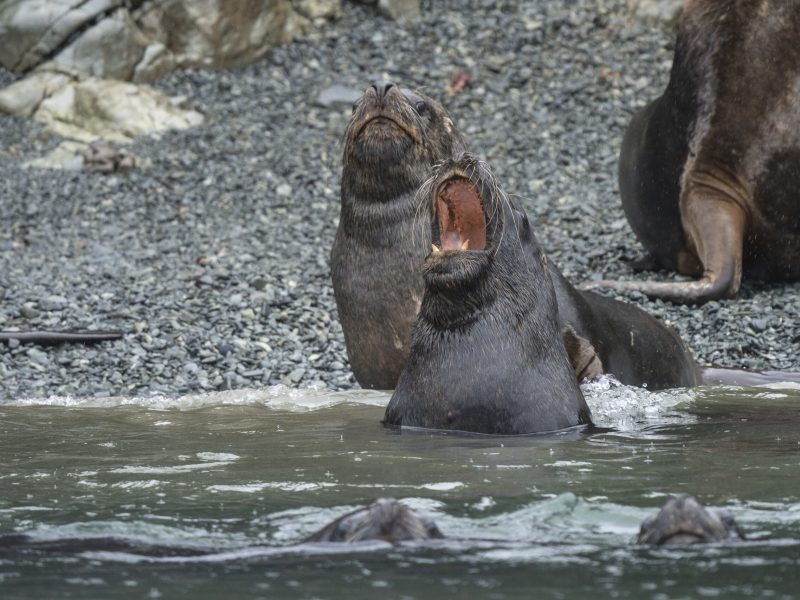
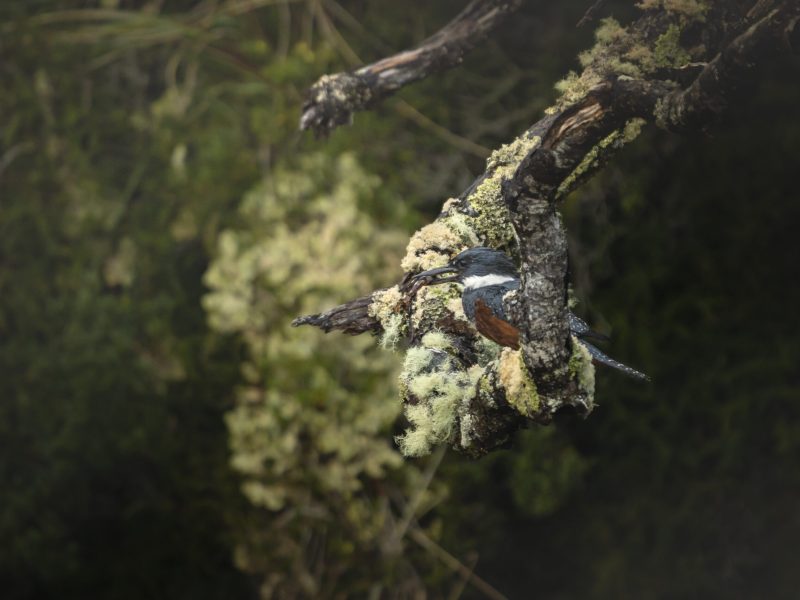
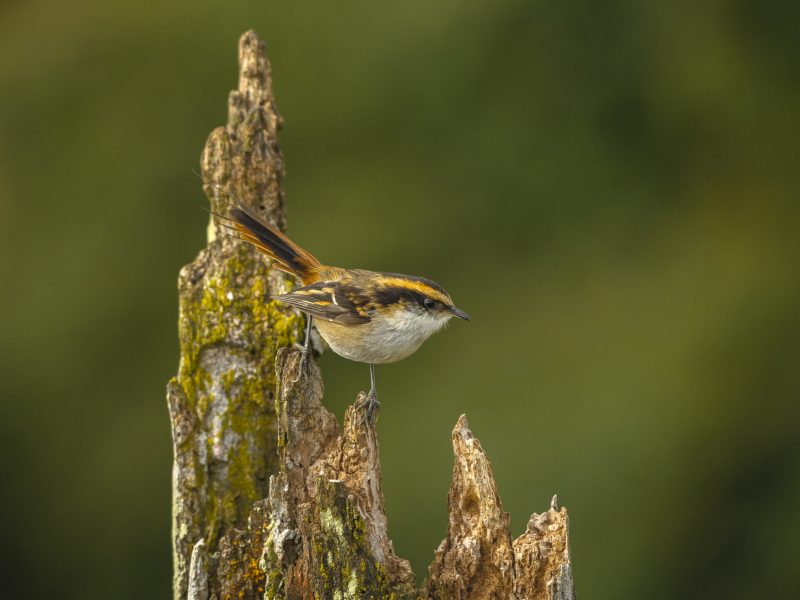
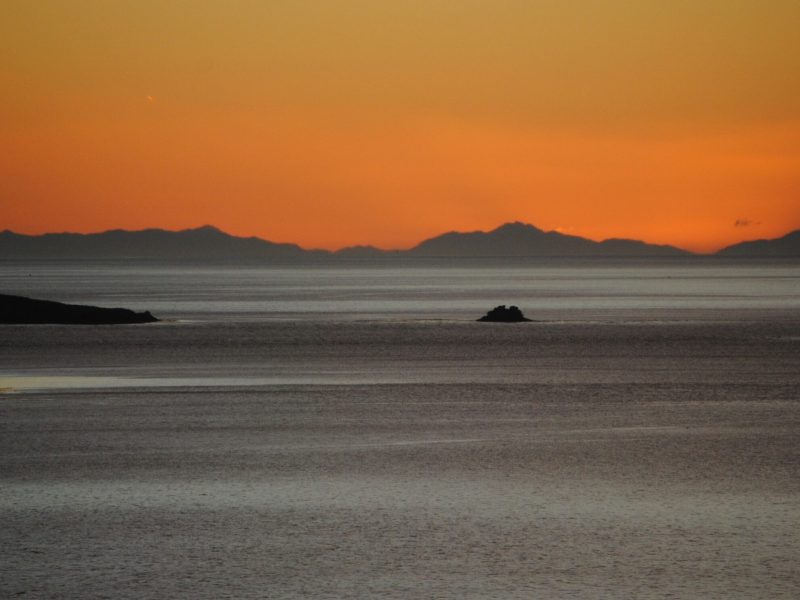
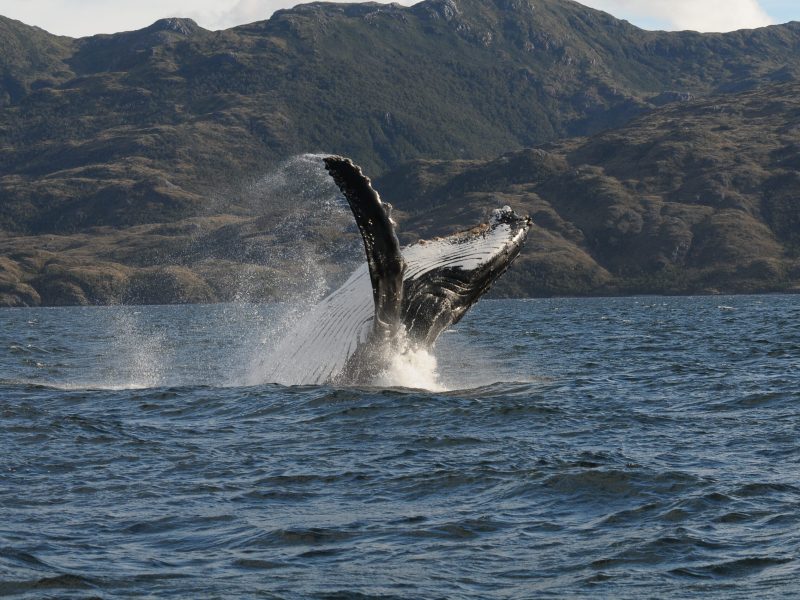
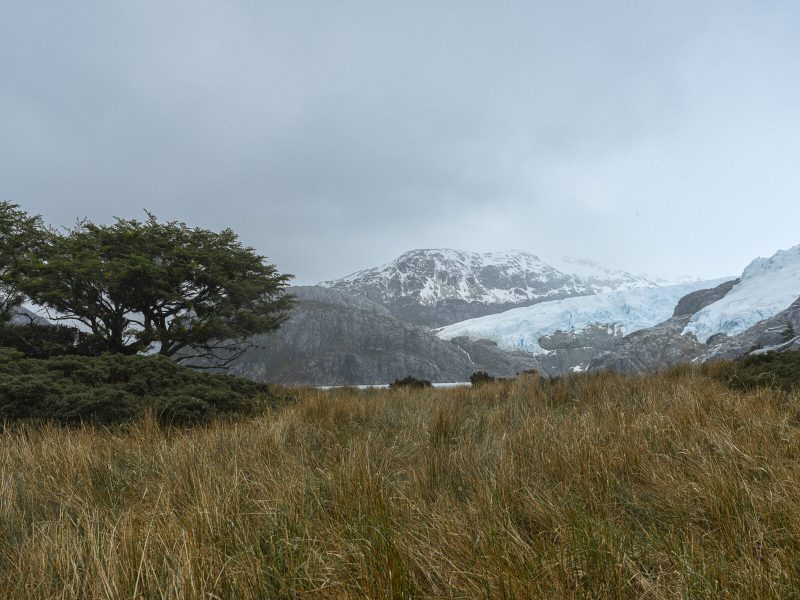
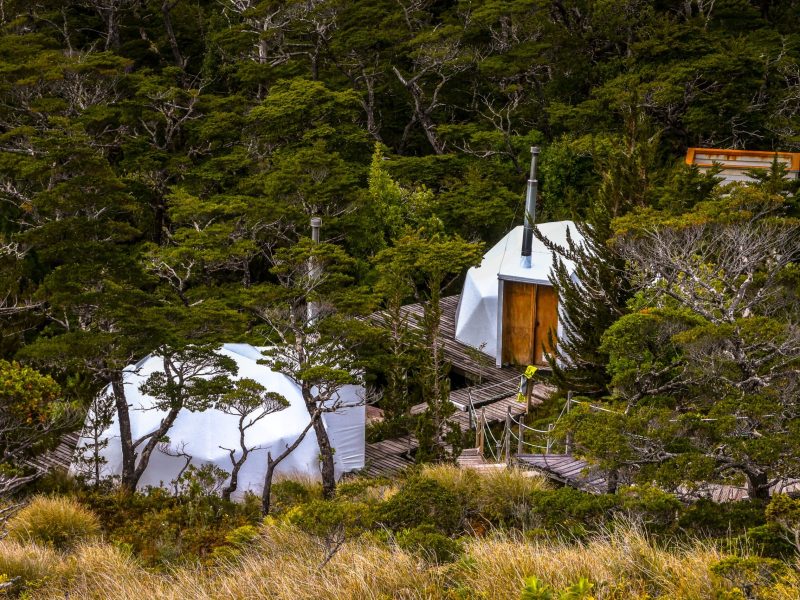
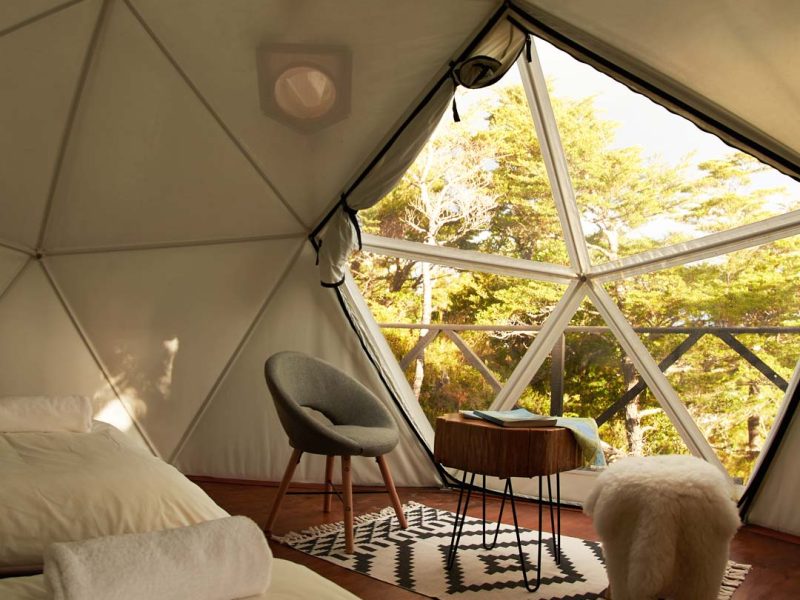
Base of Operations
WHALESOUND has a camp on Carlos III Island, in the middle of the Strait of Magellan, right in front of the Francisco Coloane Marine Park
The camp has 5 domes that allow the overnight stay of up to 10 passengers and a main dome of common space, where we will share scientific talks, conversations of the day's experiences, where we will eat and also where you will find bibliography of the regional history and about the nature of the fjords and channels.